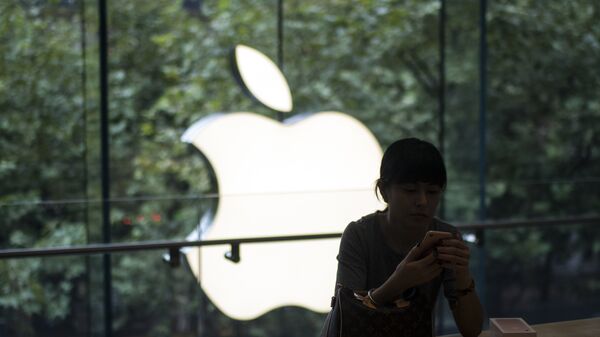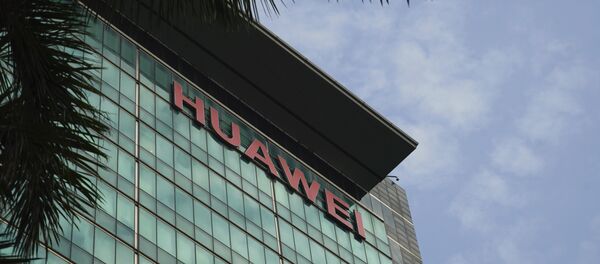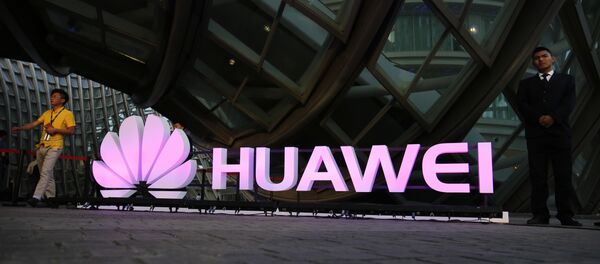Tim Cook’s company is yet another major American economic player eager to hit the world’s fastest-growing market, as it has announced building a second data centre in Ulanqab, in northern China’s Inner Mongolia Autonomous Region, less than a year after the construction of a data centre in southwestern China’s Guizhou Province opened last May, according to a report by local news website gywb.cn.
According to Xinhua, the Ulanqab-based project will become operational in 2020, providing iCloud services for Apple users in China.
The brand-new data centres are meant to solve an array of problems that local iPhone users have been facing, such as Internet connection issues and data synchronization failures, Lisa Jackson, a senior executive at Apple, was cited as saying in a report published in July 2017.
In the meantime, areas outside the financial hubs like Inner Mongolia and Guizhou are attempting to cash in on the accelerating big data industry, trying to seize business opportunities that come along with it. Per telecom expert Xiang Ligang, the aforementioned provinces fully meet the criteria that are essential to host data centres, like regular sufficient power supply and appropriate medium-level temperatures.
According to Xiang, if the big data industry can develop extensively in these regions, it would have an incredibly positive effect on the domestic economy as a whole, although to create a prosperous large-scale industry, “other factors such as talent and government policies” are crucial. Xiang suggested that the nascent 5G industry would definitely provide impetus to the overall trend and push for the establishment of even more data centres in China.
READ MORE: 'US-China Trade Dispute Hurting US Pork Producers' — Pork Producers Council
Meanwhile, the second biggest economy has been witnessing the creation of data centres of a range of tech companies other than Apple, both local and ones based in neighbouring countries. For instance, a provider of cloud-based performance monitoring for DevOps and IT operations, a business unit of the India-headquartered Zoho Corporation, has announced the availability of its service in China with the launch of a new data centre in Shanghai, which is the fifth one in the country.
In 2017, China adopted legislation that stipulates that everyone who operates “critical information infrastructure” must store data collected or produced in China on Chinese soil, which essentially means that companies seeking to provide digital services in China should only use a local data centre to this end and are prohibited from transferring data elsewhere.
Along with Apple, a number of other American tech giants have already complied with the rule: Amazon Web Services’ cloud data centres in China are managed by a Chinese company, and so are IBM’s and Microsoft Azure’s.
The news has arrived amid growing tensions between the US and China, fuelled by a row over the Chinese tech titan Huawei. While Washington claims the world’s biggest telecom supplier, Huawei, has been stealing commercial information and spying on behalf of the Chinese government, the company has repeatedly denied the accusations.
The US has doubled down on its efforts to squeeze the manufacturer from the market and pressure its allies to ban the company from building its next-generation wireless systems abroad, with the UK, Germany, India showing reluctance.
Separately, there has lately been uncertainty over the US-Chinese bilateral trade issue. At the backdrop of a trade war that has been waged since Trump announced increased duties on Chinese goods in June, Trump and Chinese President Xi Jinping agreed to go ahead with a 3-month truce to allow room for a new trade agreement back in December. Although the truce was to end on March 1, the latest round of talks saw Trump agree to postpone the placement of new duties.







